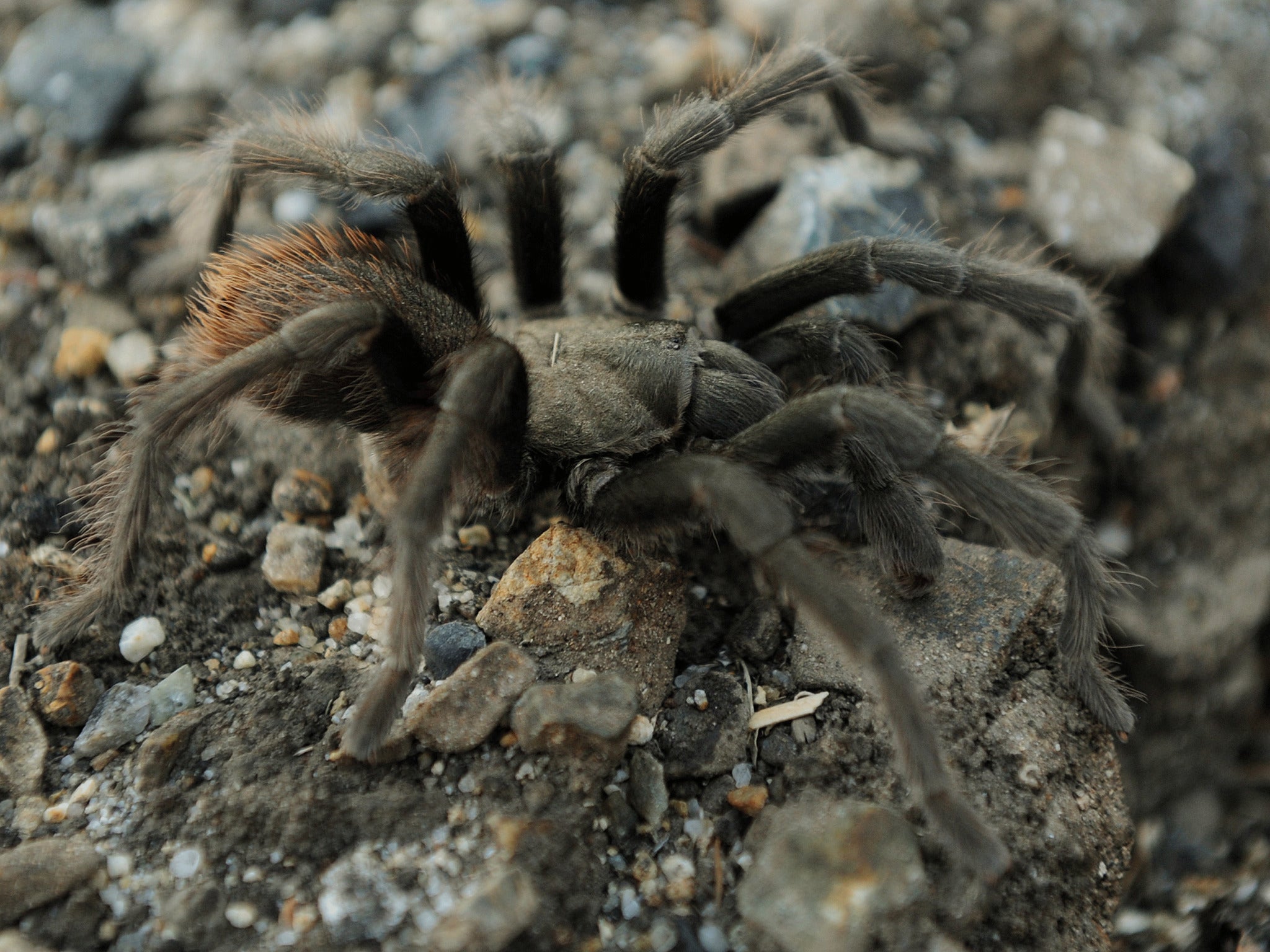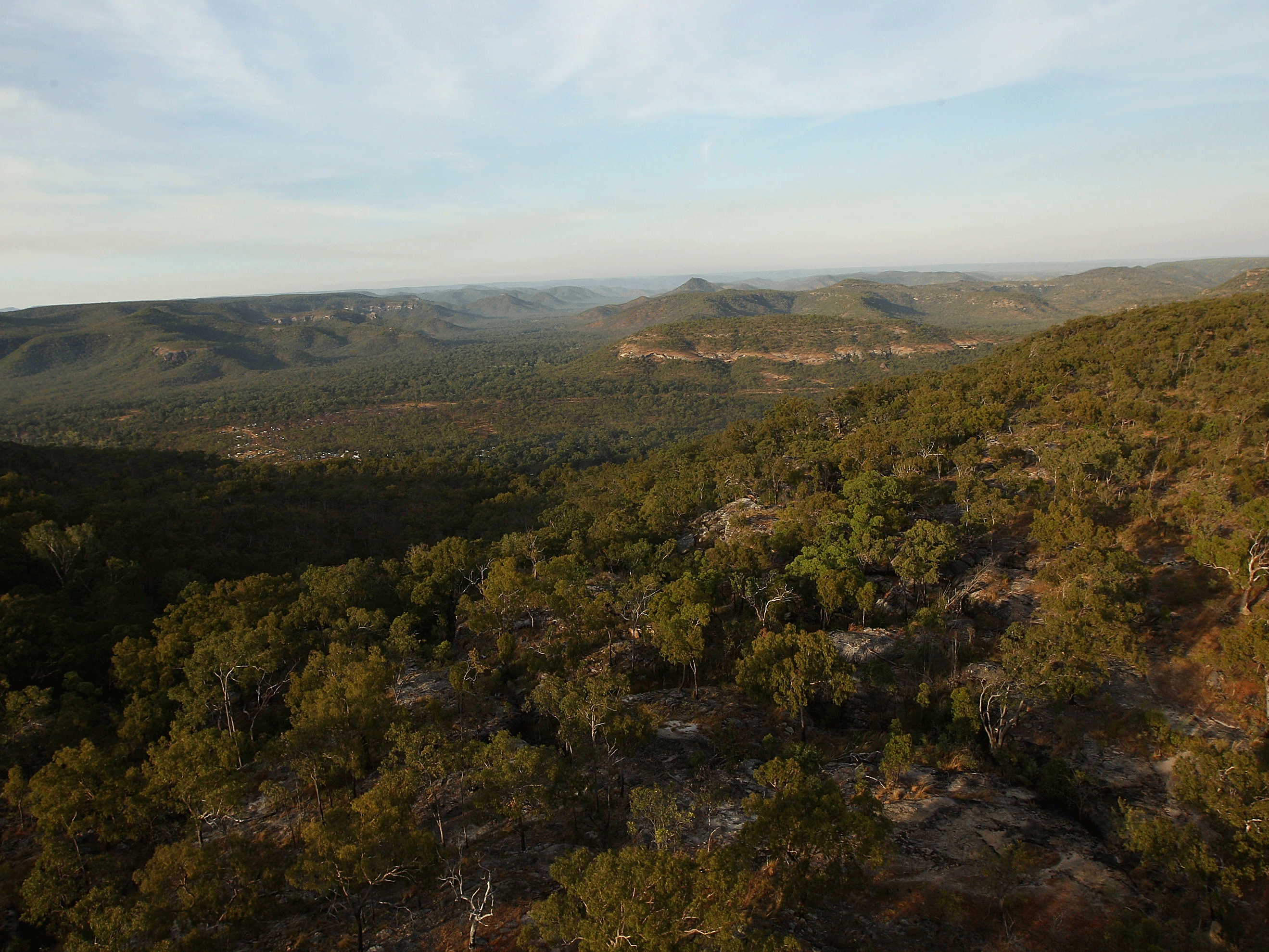Expedition discovers 13 new species of spider on a remote Australian peninsula
Some of the tarantulas they came across were as big as a hand

Your support helps us to tell the story
From reproductive rights to climate change to Big Tech, The Independent is on the ground when the story is developing. Whether it's investigating the financials of Elon Musk's pro-Trump PAC or producing our latest documentary, 'The A Word', which shines a light on the American women fighting for reproductive rights, we know how important it is to parse out the facts from the messaging.
At such a critical moment in US history, we need reporters on the ground. Your donation allows us to keep sending journalists to speak to both sides of the story.
The Independent is trusted by Americans across the entire political spectrum. And unlike many other quality news outlets, we choose not to lock Americans out of our reporting and analysis with paywalls. We believe quality journalism should be available to everyone, paid for by those who can afford it.
Your support makes all the difference.Thirteen new species of spider have been discovered in Australia by volunteers in one of the most remote parts of the country.
Five times a year, expeditions from Bush Blitz head out into the Australian wilderness to document and map Australia's plant and animal life. Since they began, volunteers and researchers have discovered a staggering 700 new wildlife species, whilst documenting over 20,000 already known to scientists.
In their latest undertaking, a 10-day journey into an almost entirely unsurveyed area of Queensland's Cape York Peninsula, the northernmost tip of the Australia, the teams have been just as successful.
The Cape York Peninsula is the largest unspoiled wilderness in Northern Australia, and is one of the last remaining wilderness areas on earth.
These 13 new additions will be added to the over 40,000 described spider species documented on earth.

One of those on the expedition, an Australian primary school teacher called Ms Carr, says she signed up to search the Olkola people's traditional lands so she could relay her adventures to her students.
"It was a lot of digging, I was amazed," Sky News Australia reports her saying.
"I thought I'd get up there and they'd be crawling around."
"But they go down 20 to 30 centimetres."
The 10 day adventure was tough, but with the 13 new spider types to show for their work, including a brush-footed trapdoor spider and the newly named mouse spider, which lives in a stocking-shaped web, it seems the hard work was worth it.
"There were ones as big as your hand, about 20 of them," Ms Carr said, when asked about the tarantulas.
Join our commenting forum
Join thought-provoking conversations, follow other Independent readers and see their replies
Comments